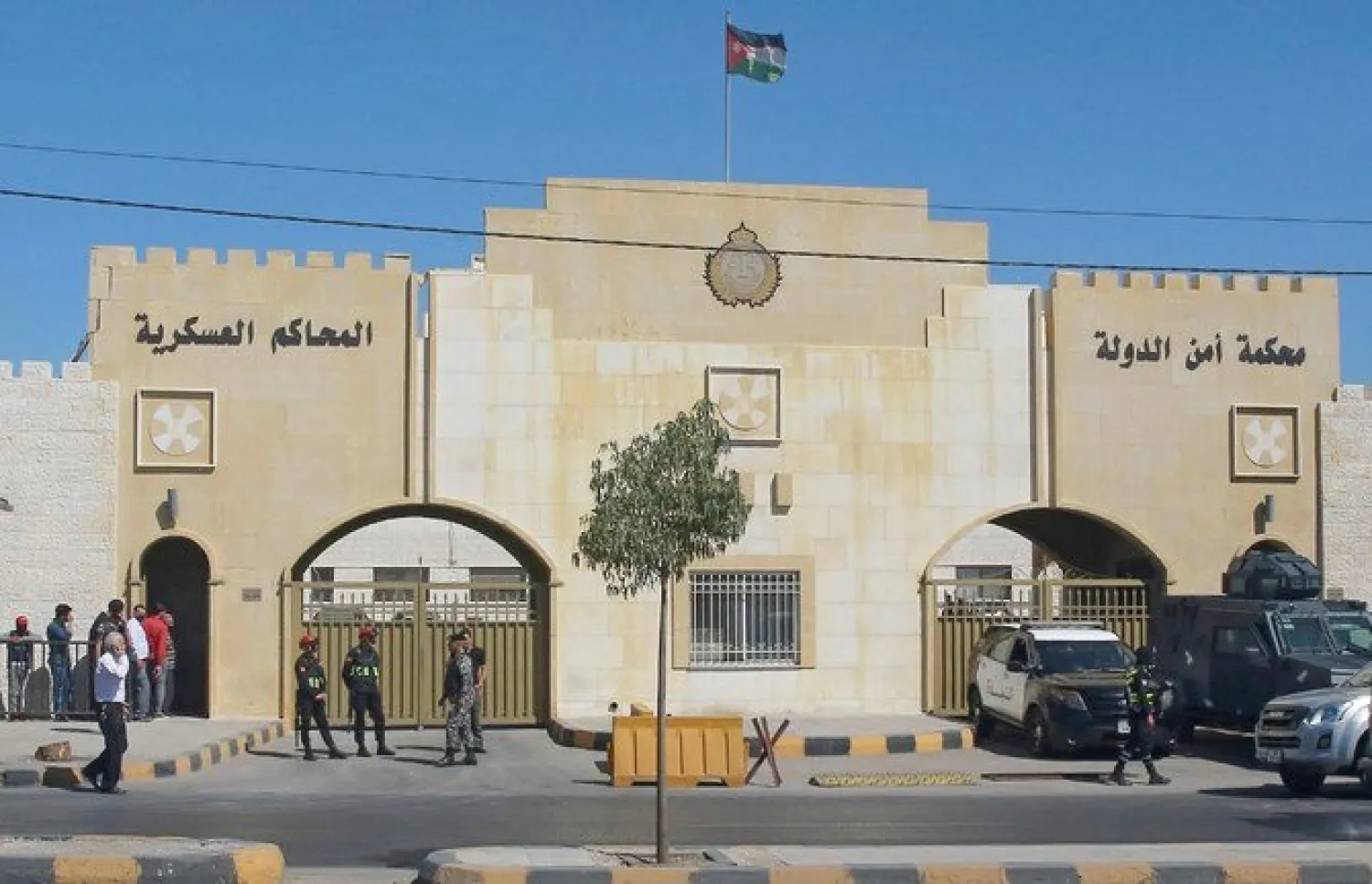Jordanian State Security Court is expected to issue a verdict Monday in the "sedition" case, involving the former head of the royal court, Basem Awadallah, and Sharif Hassan bin Zaid, according to the defense lawyer.
"The State Security Court set Monday's hearing for the reading of the verdict," bin Zaid's lawyer Alaa al-Khasawneh told AFP on Tuesday.
He spoke after a hearing in which a 23-page dossier was presented summarizing the case for the defense.
The defense team asked the court to "find both clients innocent of the charges against them," according to Khaswaneh.
Mohammad al-Afif, the lawyer of Awadallah, pleaded the innocence, declaring that if the decision were issued against his client, he would appeal at the highest judiciary court in the country.
Charges against Awadallah and Zaid carry sentences up to 30 years in prison.
The two main defendants in the sedition case, which was linked to the former Jordanian Crown Prince, Prince Hamzah bin al-Hussein, face charges of agitating to undermine the kingdom's political system and acts that threaten public security and sowing sedition.
They are also accused of possession of narcotic substances with intent to use.
The indictment included details of the scheme to exploit social events to incite strife and social media against the Jordanian government and King Abdullah II within a series of steps that they were planning to execute.
The Jordanian monarch decided to "handle the question of Prince Hamzah within the framework of the Hashemite family" after entrusting the case to his uncle, Prince Hassan bin Talal.
Prince Hassan asked Prince Hamzah to sign a letter in which he affirmed he would remain faithful to the ancestors' legacy. He stressed that he will always be ready to help and support the King and the Crown Prince.
During last week's session, the State Security Court rejected the defense attorneys' request to summon 25 witnesses.
The list of defense witnesses included the prince himself, Princes Hachem and Ali, Prime Minister Bisher al-Khasawneh, Foreign Minister Ayman al-Safadi, and twenty others. It also consists of a British communications expert, who was part of significant cases, including the assassination of former Lebanese Prime Minister Rafik Hariri.
The court sessions of the 'sedition' case started on June 21, 70 days after the arrest of the accused, Awadallah and Zaid.
Prior to the trial, local media published audio leaks of the defendants with Prince Hamzah, including messages exchanged with Awadallah.
The audio messages led to unveiling a plan targeting the security of Jordan by backing protests against the poor economic and social conditions aiming to create chaos.









